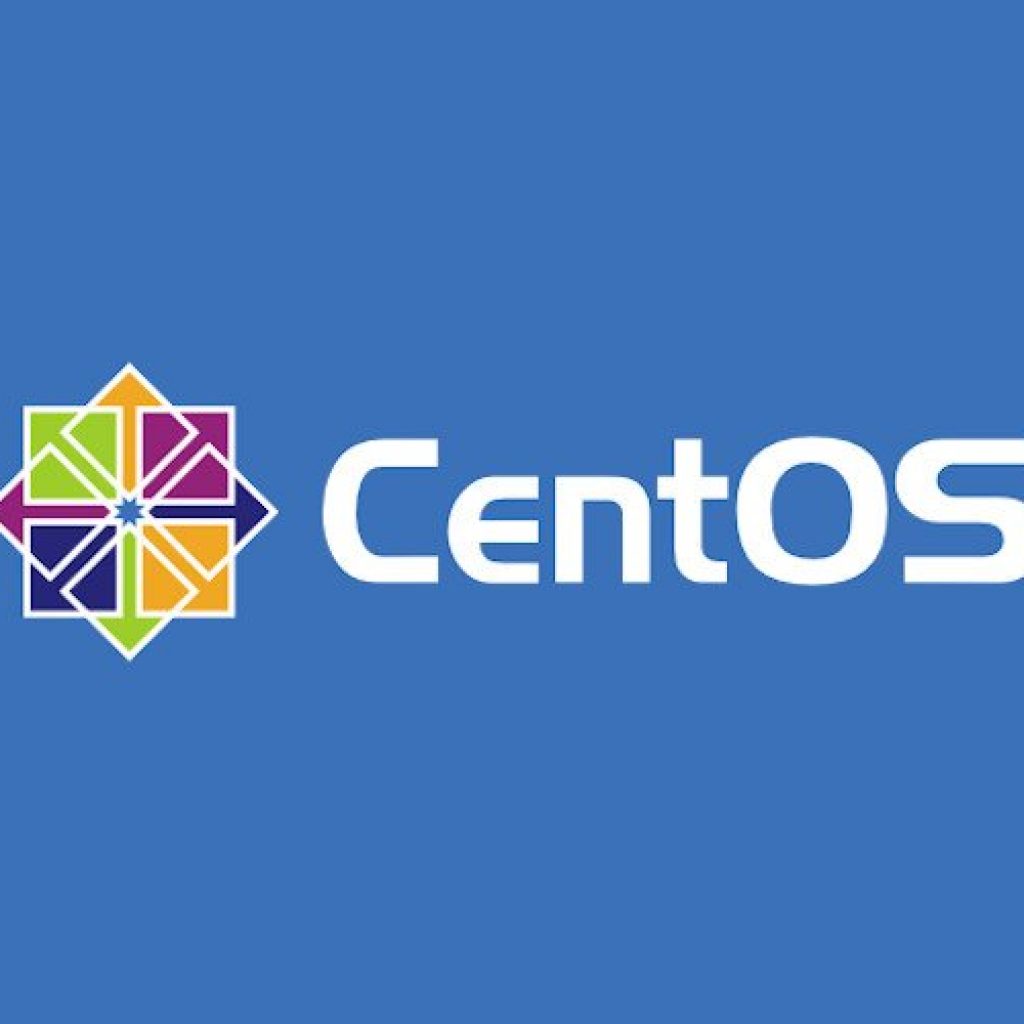RedHat announced that CentOS Project shifts focus to CentOS Stream in collaboration among the CentOS Special Interest Groups (SIGs).
RedHat announced CentOS Stream, an upstream development platform designed for CentOS community members, Red Hat partners, ecosystem developers, and many other groups in 2019. After enthusiastic feedback from partners and contributors around CentOS Stream, RedHat shifted its investment fully from CentOS Linux to CentOS Stream.
What is CentOS Stream?
CentOS Stream is an upstream development platform for ecosystem developers. It is a single, continuous stream of content with updates several times daily, encompassing the latest and greatest from the RHEL codebase. The CentOS Stream project sits between the Fedora Project and RHEL in the RHEL Development process, providing a rolling preview of future RHEL kernels and features.
When CentOS Linux 8 (the rebuild of RHEL8) ends, you should migrate to CentOS Stream 8, which is a small delta from CentOS Linux 8. It will have regular updates like traditional CentOS Linux releases.
CentOS Linux remains unchanged
The future of the CentOS Project is CentOS Stream, and over the next year, the company will be shifting focus from CentOS Linux, the rebuild of Red Hat Enterprise Linux (RHEL), to CentOS Stream, which tracks just ahead of a current RHEL release. CentOS Linux 8 will end at the end of 2021. CentOS Stream continues after that date, serving as the upstream (development) branch of Red Hat Enterprise Linux.
Chris Wright, SVP and CTO of Redhat, explained the role of the CentOS Special Interest Groups, saying,
“This also provides SIGs a clear single goal, rather than having to build and test for two releases. It gives the CentOS contributor community a great deal of influence in the future of RHEL. And it removes confusion around what “CentOS” means in the Linux distribution ecosystem.”
On CentOS Linux 7 side, Redhat continues to produce that version through the remainder of the RHEL 7 life cycle. Redhat is collaborating with the CentOS Special Interest Groups (SIGs) that develop and test against what becomes the next version of RHEL.
Source : Cloud7.news
